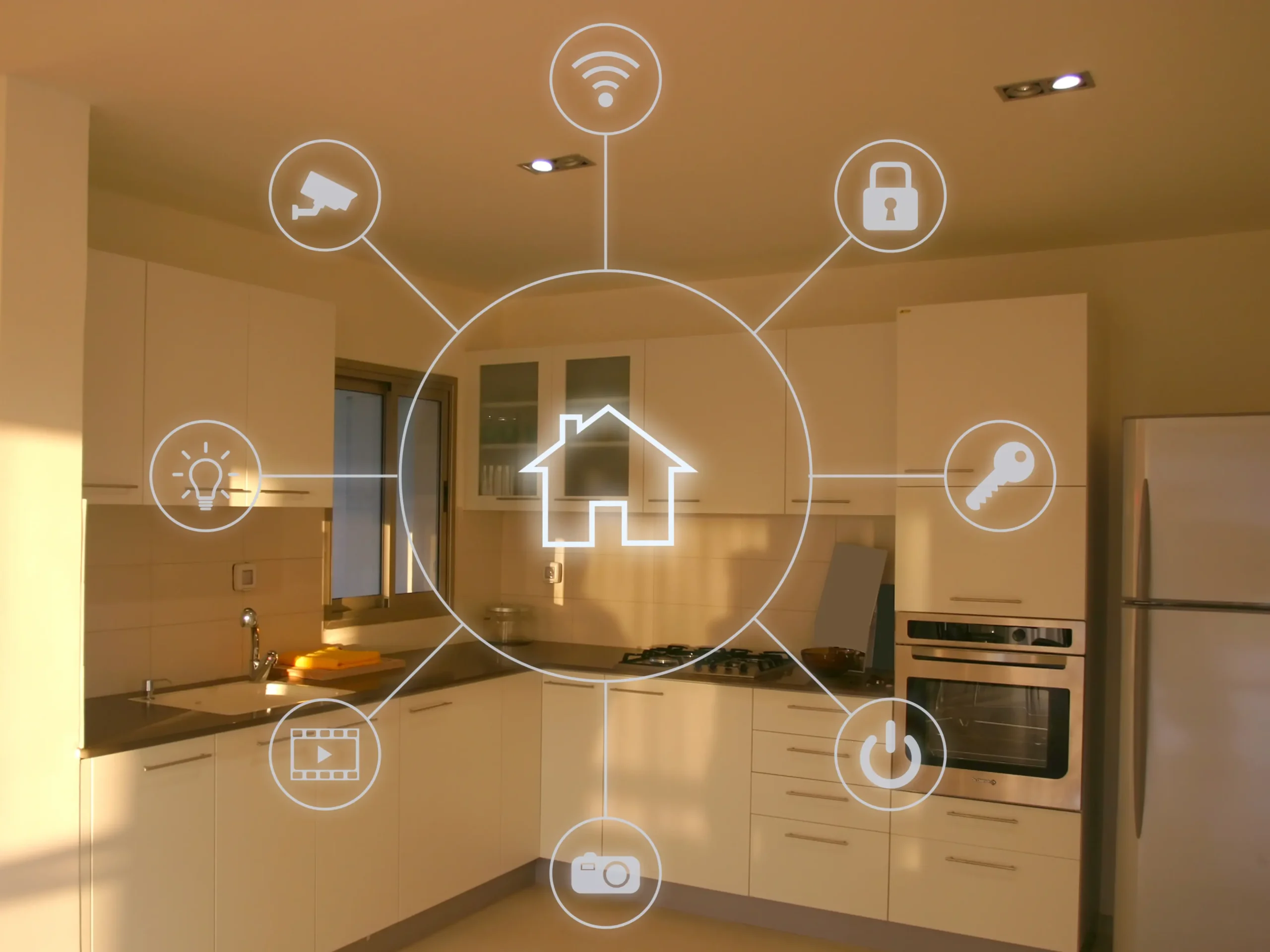The concept of smart homes is no longer a futuristic dream but a present-day reality. With rapid advancements in artificial intelligence (AI), the Internet of Things (IoT), and automation, smart homes are reshaping modern living by offering greater convenience, security, and energy efficiency. As technology continues to evolve, the future of smart homes is set to become even more intelligent, personalized, and sustainable.
1. AI-Powered Home Automation
AI-driven home automation systems are revolutionizing the way people interact with their living spaces. Voice assistants like Amazon Alexa, Google Assistant, and Apple Siri allow homeowners to control lighting, temperature, appliances, and security systems through voice commands or mobile apps. AI algorithms can learn user preferences and automatically adjust settings to enhance comfort and efficiency.
2. Enhanced Security with Smart Surveillance
Security remains a top priority for homeowners, and smart home technology is making homes safer than ever. AI-powered surveillance cameras can detect unusual activities, recognize faces, and send real-time alerts to homeowners. Smart doorbells with video monitoring allow users to see and communicate with visitors remotely, while biometric locks provide enhanced access control, reducing the risk of unauthorized entry.
3. IoT and Connected Living
The Internet of Things (IoT) is at the heart of smart home technology, enabling seamless connectivity between devices. IoT-powered appliances, such as smart refrigerators, ovens, and washing machines, can communicate with each other to optimize household tasks. For instance, a smart refrigerator can notify homeowners when groceries are running low, while a connected oven can preheat itself based on preset schedules.
4. Energy Efficiency and Sustainability
Smart homes are designed to be more energy-efficient, reducing both environmental impact and utility costs. Smart thermostats like Nest and Ecobee adjust heating and cooling based on occupancy and weather conditions. Solar panel systems integrated with smart grids allow homeowners to monitor energy consumption and store excess power for later use. Automated lighting and water-saving systems further contribute to sustainability efforts.
5. Health and Well-Being Innovations
The future of smart homes includes a strong focus on health and well-being. Smart air purifiers can monitor indoor air quality and adjust filtration levels automatically. Wearable health devices can sync with home systems to adjust lighting and temperature for better sleep. Additionally, smart home fitness equipment offers personalized workout routines and real-time health tracking.
6. Smart Kitchens and AI-Powered Cooking
The kitchen is becoming a hub of innovation, with AI-powered appliances making cooking more efficient and enjoyable. Smart ovens can recognize different foods and adjust cooking times accordingly, while AI-driven recipe assistants provide step-by-step cooking guidance. Connected coffee makers and automated grocery ordering systems further enhance convenience in modern kitchens.
7. The Rise of Smart Home Robots
Home robots are expected to play a major role in the future of smart living. AI-powered robotic vacuum cleaners and lawnmowers are already in use, but the next generation of home robots will be capable of performing complex tasks such as caregiving, home maintenance, and even companionship for the elderly. These robots will enhance daily living by taking over repetitive chores and offering assistance where needed.
8. Future Trends in Smart Home Technology
As technology continues to advance, smart homes will become even more intuitive and interconnected. Future trends include:
- 5G Integration: Faster and more reliable connectivity will improve the performance of smart devices.
- Augmented Reality (AR) and Virtual Reality (VR): AR/VR will enable homeowners to visualize home designs and furniture placement before making decisions.
- Blockchain for Smart Contracts: Secure and transparent transactions for home automation services.
- Zero-Touch Interfaces: Gesture and facial recognition technologies for seamless control of home systems.
Conclusion
Smart homes are transforming modern living by offering unparalleled convenience, security, and efficiency. With continuous advancements in AI, IoT, and automation, the future of smart homes will be even more intelligent and interconnected. As technology becomes more accessible, homeowners will experience a seamless, personalized, and sustainable way of living, redefining the concept of home for generations to come.

